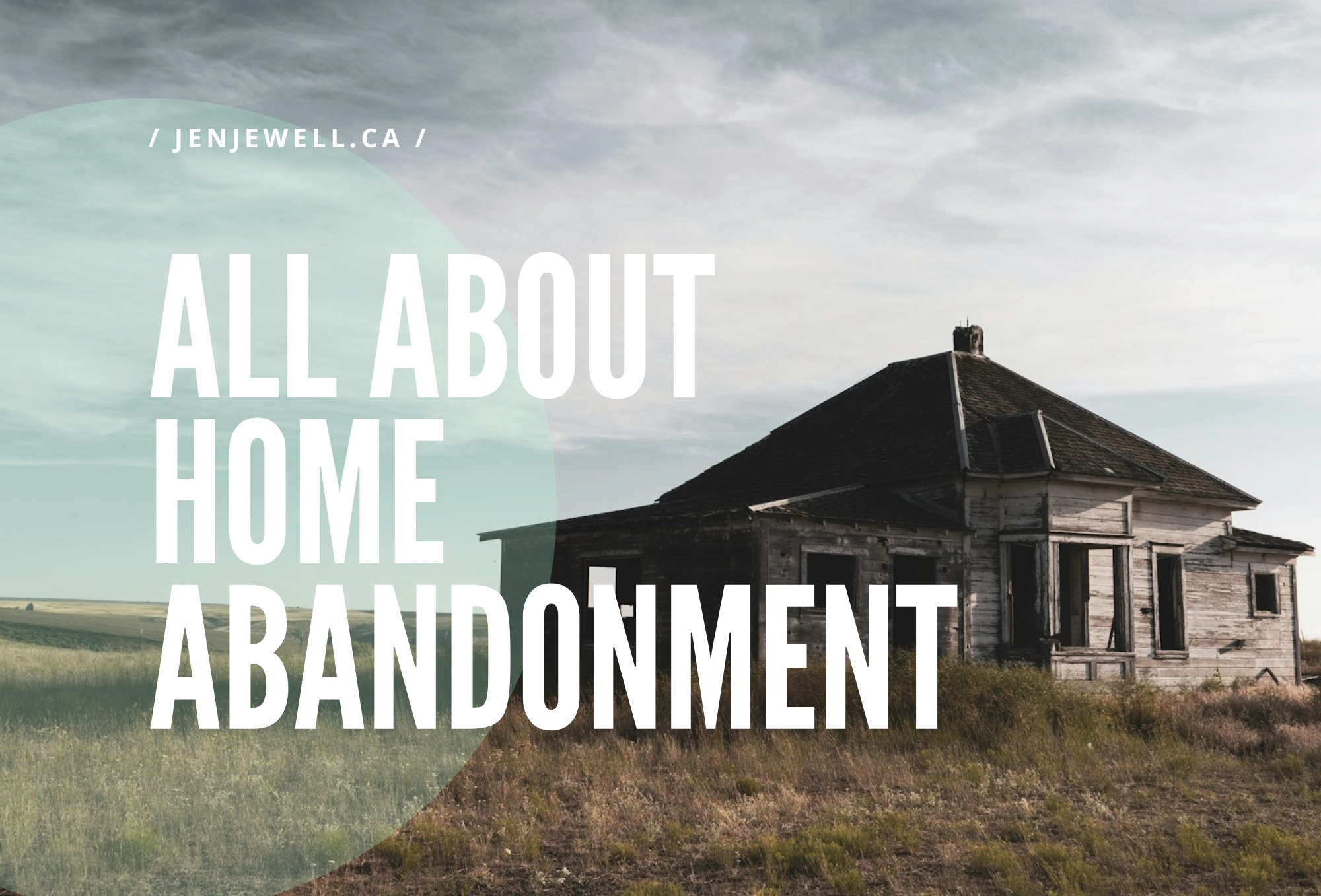

Understanding Property Abandonment: A Homeowner’s Guide
The complexities of property ownership involves understanding various legal aspects, including the concept of home abandonment. This article looks at the intricacies of abandonment laws, providing valuable insights for homeowners.
Defining Property Abandonment
Property abandonment occurs when an owner intentionally relinquishes all rights and responsibilities associated with their property. Determining true abandonment involves assessing several key factors. Mere vacancy does not constitute abandonment. The owner must demonstrate a clear intent to relinquish ownership, coupled with actions that support this intention.
Click here for more information on Orangeville realtors
Related Article: How Long Before Property is Considered Abandoned in Canada?
Legal Implications of Abandonment
Abandoned properties often become susceptible to various legal processes. Municipalities hold the power to seize abandoned properties, though they must follow specific legal procedures to do so. These procedures typically involve providing notice to the owner and allowing opportunities to reclaim the property before initiating forfeiture proceedings. Liens placed against the property for unpaid taxes or other debts can further complicate the legal landscape. Ultimately, a court may deem the property abandoned and transfer ownership to the municipality or another party.
Adverse Possession
Adverse possession, sometimes called “squatter’s rights,” allows individuals to gain legal ownership of abandoned property under certain conditions. For adverse possession to succeed, the individual must occupy the property openly, continuously, and exclusively for a prescribed period, typically ten years. They must also demonstrate an intention to possess the property as their own. The process of claiming ownership through adverse possession involves legal complexities, requiring meticulous documentation and adherence to specific legal requirements. Successful claims often depend on demonstrating clear and consistent acts of possession over an extended timeframe.
Protecting Yourself as a Homeowner
Homeowners can take steps to avoid the appearance of abandonment, particularly during extended absences. Notifying relevant parties, including mortgage lenders, insurance companies, and local authorities, of your intended absence and making arrangements for property maintenance can prevent misunderstandings. Regularly checking in on the property or designating a trusted individual to oversee its upkeep provides further assurance against accusations of abandonment. Maintaining communication and demonstrating continued involvement with the property safeguards your ownership rights.
The Role of Real Estate Professionals
Real estate professionals play a crucial role in navigating property abandonment complexities. Agents possess the knowledge and experience to guide homeowners through the process, ensuring compliance with legal requirements. They offer valuable advice, connect clients with legal experts, and facilitate the necessary steps for property reclamation or sale. Engaging a real estate professional provides a strategic advantage in handling abandonment issues effectively.
Conclusion – All About Home Abandonment Laws
Understanding all about home abandonment laws is crucial for homeowners. By recognizing the indicators of abandonment, understanding the legal implications, and taking proactive steps to prevent misinterpretations, homeowners can protect their property rights. Consulting with a real estate professional offers valuable support in navigating these complexities and ensuring compliance with legal requirements. This knowledge empowers homeowners to make informed decisions and avoid potential pitfalls associated with property abandonment.
Disclaimer: This blog post is for informational purposes only and does not constitute legal advice. It’s essential to consult with a legal professional for specific guidance regarding property abandonment situations.











